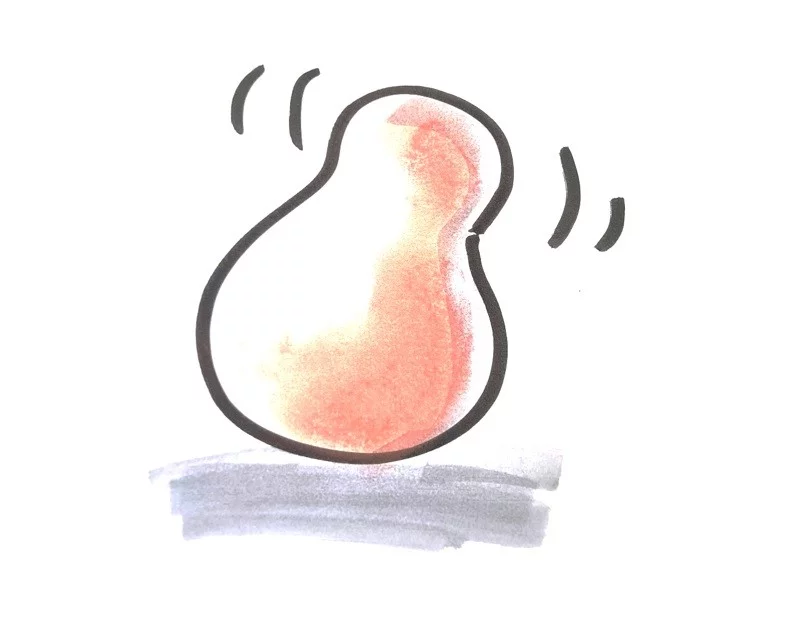Do you sometimes get frustrated when you scroll through social media and see the new positions your contacts are about to start and the grants or prizes they are awarded? Do others’ success stories make you feel small and incapable? Is it true that everyone else is super-successful while you are struggling, or what is behind the others’ success?
I used to be one of those successful scientists – won several prizes for my MSc thesis, got awards for my conference presentations, was invited to give talks at conferences and write reviews, and received a Prof. title aged 32. The official story of my 12 years in science reads something like this: 37 publications in international peer-reviewed journals, thereof 2 invited reviews and 24 as first author, plus 6 publications in the community magazine of my research field, 81 conference contributions, thereof 6 invited and 39 as first author, (co-)organized two national conferences and > 20 sessions and short courses at big international meetings, acquired 2.5 M CHF in research funding and reviewed ~10 research proposals of national funding agencies, all while teaching, supervising students and completing two CAS degrees on the side. Without wanting to brag, this is quite an achievement in my research area, and I have been asked to apply for positions at top-level universities worldwide.
So here comes the important part of the story, the part I normally do not share in my CV or social media profiles: Behind the apparent success, there is a lot of hard work (yes, this includes uncompensated overtime) and challenging situations, many rejections, and projects that did not quite work out. Eight of my publications have spent (or are spending) more than a year in review, only to be published more or less as submitted eventually. Three were rejected for being out of scope, even though they related to and identified flaws in studies published in the same journal, or for being not innovative enough. Needless to say, other groups then published similar stories in the same journal. I should have been co-author on many more papers, but my contribution was no longer considered important enough upon submission, the scope of the collaborators’ work changed making the data I had acquired for them irrelevant, or the paper was simply never written. Several of those conference presentations were scheduled at 5pm on the last conference day, and those few that were still around were much more interested in beer than science. Even though I acquired more funding than most colleagues did, I was granted only a small fraction of the money I had applied for. When someone applied at my university with a project having striking similarities to a proposal I had submitted a few months before and was turned down for being ‘unfeasible’ and ‘not original enough’, I felt quite horrible. I spent months in the lab doing the same measurements, asking myself why I had studied so many years to do THIS, and there was the time spent fixing broken instruments or figuring out why they produced nonsense data, re-running models after the PC crashed, waiting for supervisor, co-author and reviewer feedback. I was really bad at saying no, so I got numerous extra jobs on top of my PhD duties, e.g., teaching or supporting less efficient students in my group. Even worse, I then got criticized by the group leader for ‘stealing’ their students. A main lesson I learned in science is to get up again and keep moving forward, no matter how often I fall or get knocked over by someone who thinks I am in their way. What you see as a success from the outside is the result of getting up once more than falling. You will not know about all the falls and knock-overs unless you ask, or know me really well.
Therefore, next time you get the feeling that it is unfair that everyone else is successful while you are struggling or have to deal with one problem after the other, keep in mind that the difference is not so much between you and them, but between the inside and outside view. If you ask your successful contacts, they will most likely tell you about similar challenges and frustrations.
